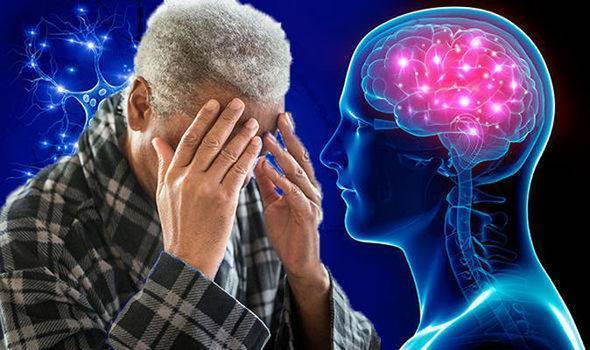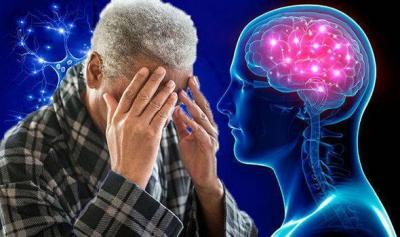A new study conducted on mice has concluded that exposing the brain to electrical currents can prevent dementia symptoms for up to 20 years before they appear. According to the British newspaper "Daily Mail," reporting on the journal Nature Communications, the study discovered that it is possible to halt the deterioration of brain cells and prevent memory loss and cognitive decline by targeting areas of the rodents' brains that were affected during Alzheimer's disease.
Researchers attached low-frequency electrical electrodes surgically to the brains of laboratory mice, to prevent harmful proteins from forming in the brain and to stop the memory center of the brain from shrinking, once a month. The study's results revealed that electrical currents prevent deterioration that could be a sign of Alzheimer’s disease, which may be present as early as 10 to 20 years before a human diagnosis.
Co-researcher Dr. Ina Slotsky stated, "This indicates the potential to predict the disease in a dormant state, before the onset of cognitive decline." The study monitored brain changes that occur during sleep, which are believed to frequently happen when early signs of the condition appear, specifically in the hippocampus, the memory center of the brain.
The researcher noted that "there are mechanisms that compensate for the same disease while awake, thereby prolonging the pre-symptomatic phase of the disease." Laboratory mice exhibited “silent seizures” in the hippocampus during sleep, which appeared as seizures when examined in the brain but did not cause any external symptoms. However, healthy mice showed reduced activity, indicating that silent seizures could be signs of brain deterioration.
To prevent this excessive activity, researchers employed deep brain stimulation (DBS), a surgical procedure in which electrodes are placed in specific areas of the brain. These electrodes are connected by wires to a device placed under the skin near the chest, which sends electrical pulses whenever the brain produces abnormal signals, such as those that lead to memory problems, balance issues, and difficulties in speech.
Deep brain stimulation (DBS) is also used in the United States to treat neurological disorders such as Parkinson’s disease, epilepsy, dystonia, and obsessive-compulsive disorder.
Alzheimer’s disease is the most common form of dementia, a broad term used to describe a range of progressive neurological disorders that affect memory, thinking, and behavior. Common symptoms include memory loss, impaired judgment, confusion, repeated questioning, difficulty communicating, taking longer to complete everyday tasks, acting impulsively, and issues with movement.




